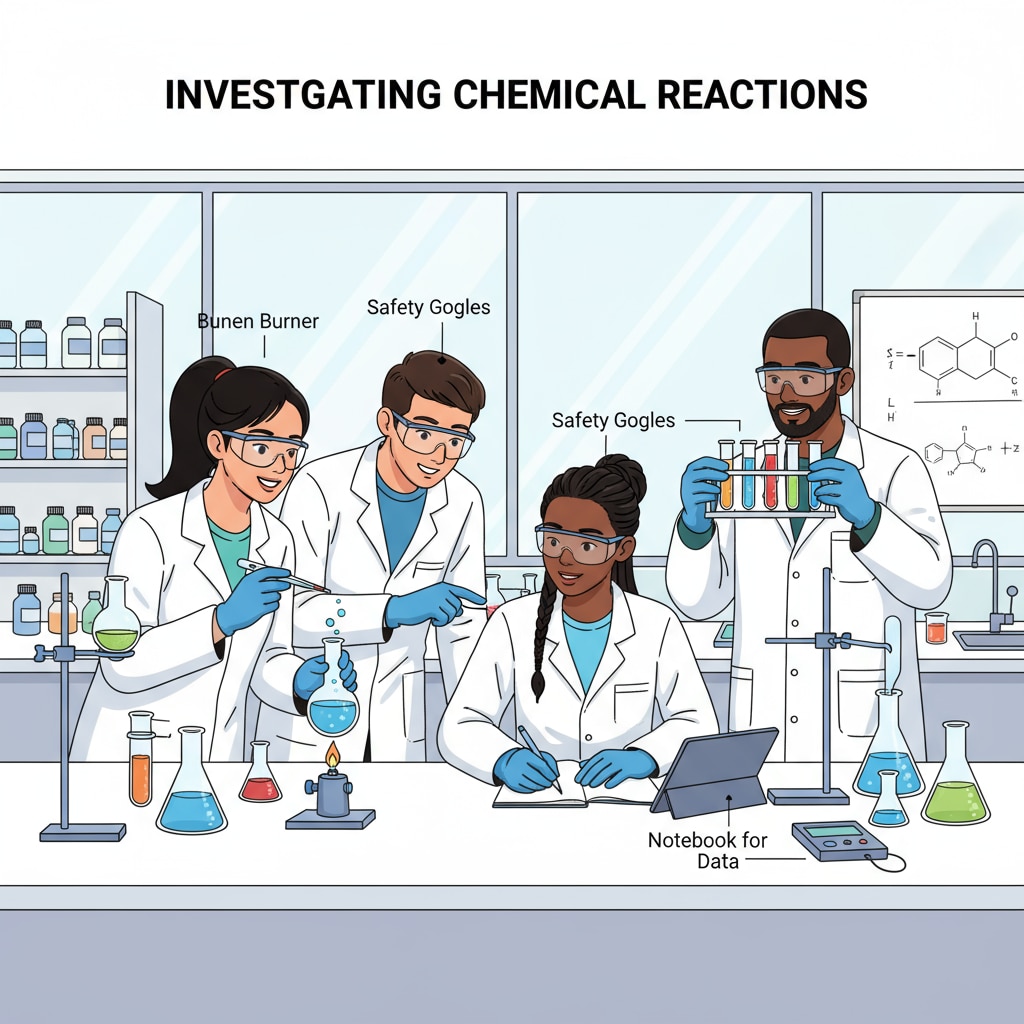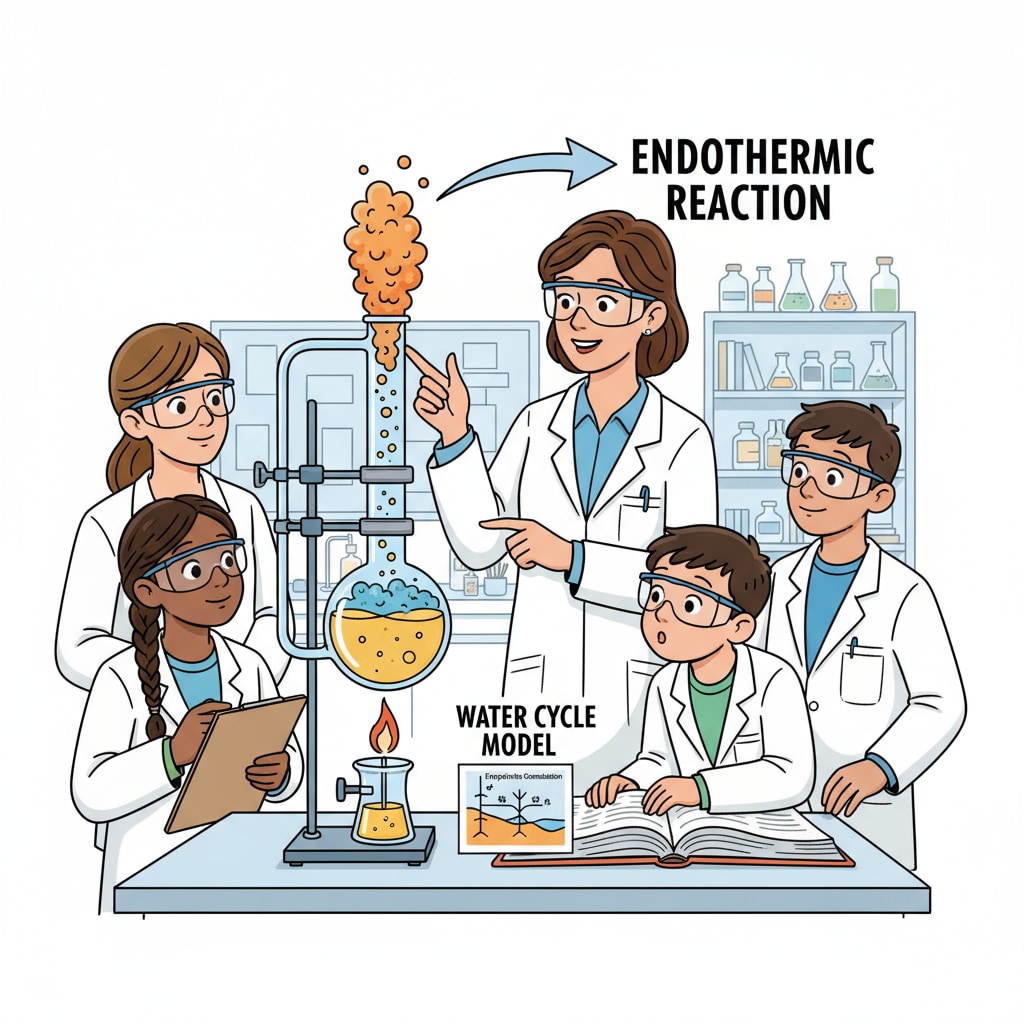For students with a burning passion for chemistry during their K12 years, the journey from academic interest to a fulfilling career can be both exciting and challenging. Chemical jobs, degree choices, and research interests are the key elements in shaping this journey.

As you explore the vast world of chemistry, understanding how to translate your early enthusiasm into a successful professional path is crucial.
Nurturing the Chemistry Spark in K12
During the K12 phase, the seeds of a love for chemistry are often sown. This is the time when students start to develop an understanding of the basic principles of chemistry through classroom experiments and theoretical lessons. For example, simple experiments like observing the reaction between baking soda and vinegar can spark a sense of wonder. Teachers play a vital role in nurturing this interest by making the subject engaging and relatable. According to American Chemical Society’s K12 Education Resources, hands-on activities and real-world examples can significantly enhance students’ interest in chemistry.

Degree Options for Aspiring Chemists
Once you’ve established a solid foundation of interest in chemistry, the next step is to consider degree choices. A bachelor’s degree in chemistry is a common starting point. It provides a broad understanding of various branches of chemistry, such as organic, inorganic, physical, and analytical chemistry. However, if you aim for more specialized roles or research positions, a master’s or a Ph.D. might be necessary. For instance, a master’s degree in chemical engineering can open doors to careers in process design and optimization. You can learn more about different degree programs from Britannica’s Chemistry Education Page.
There are also interdisciplinary degree options available. For example, a degree in biochemistry combines chemistry with biology, offering opportunities in areas like drug development and genetic research. These interdisciplinary fields are becoming increasingly popular as they address complex real-world problems.
Mapping Out Chemical Career Paths
The field of chemistry offers a wide range of career options. Research and development is a popular area for those with a strong interest in discovery. Chemical researchers work on developing new materials, improving existing products, or exploring novel chemical reactions. In addition, quality control and analysis roles are essential in industries such as food, pharmaceuticals, and manufacturing. Chemists in these positions ensure that products meet safety and quality standards.
Another emerging area is environmental chemistry. With growing concerns about the environment, environmental chemists study the impact of chemicals on the environment and develop solutions to mitigate pollution. They may work on projects related to water treatment or air quality monitoring.
Readability guidance: By following these steps, students can better align their chemical research interests with suitable degree programs and rewarding career paths. Starting from the early cultivation of interest in K12, making informed degree choices, and exploring diverse career options, the journey from a chemistry enthusiast to a professional chemist can be a fulfilling one. Remember to stay curious and keep learning throughout the process.


